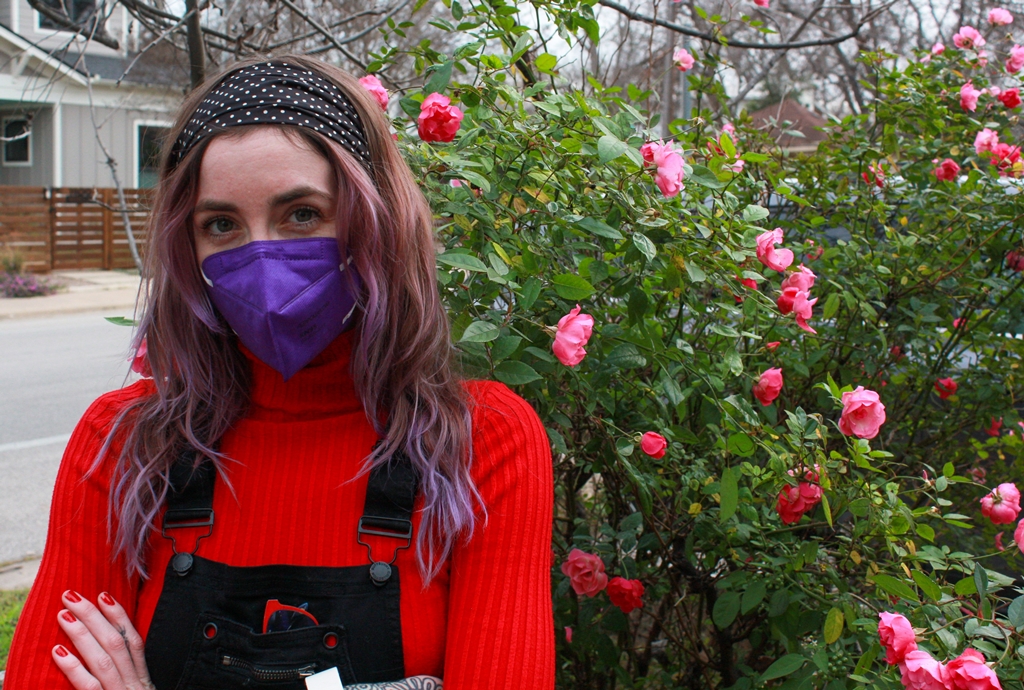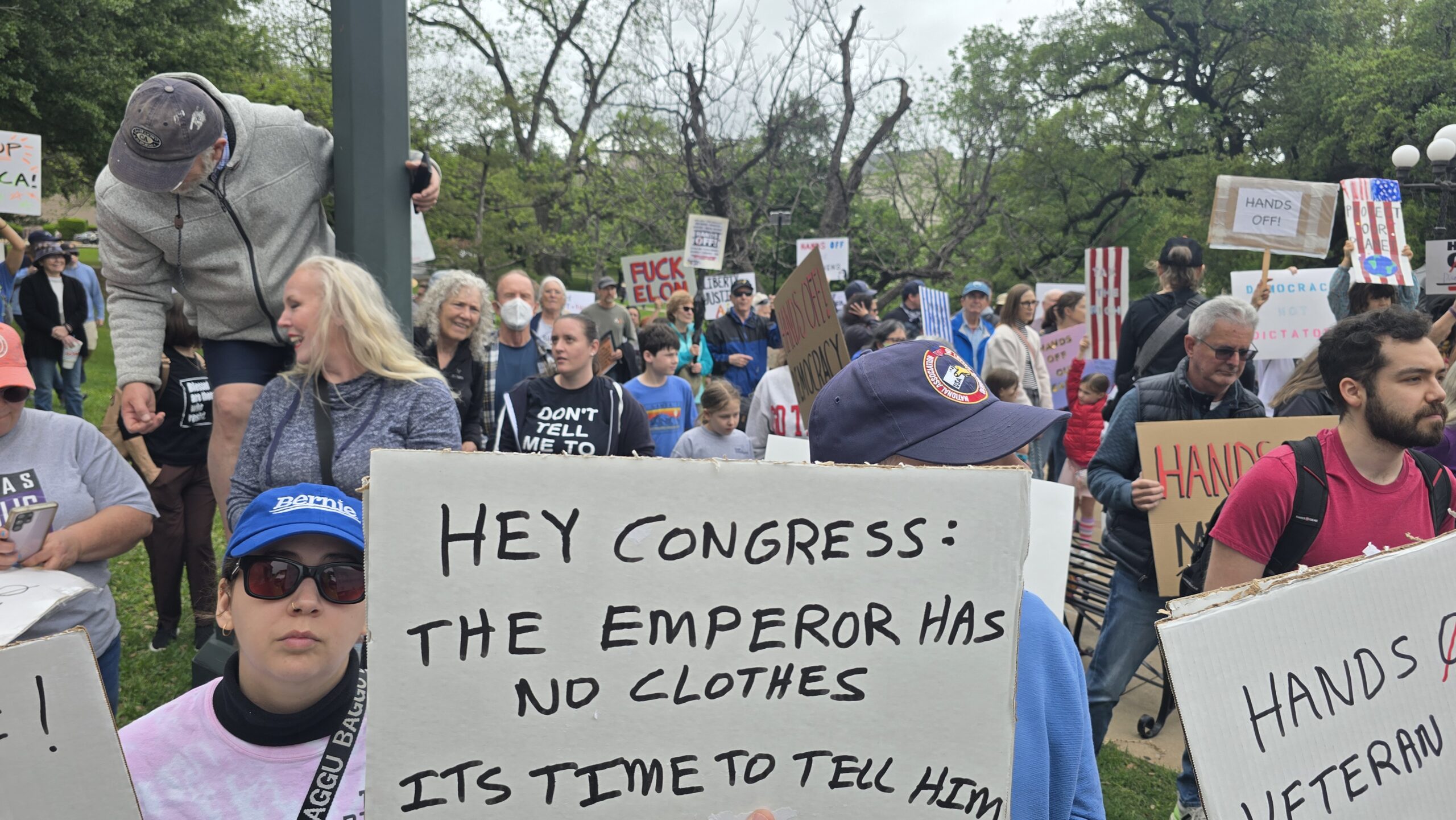On Sunday, workers at Rebel Cheese, Austin’s vegan deli went on a one-day strike over an unfair labor practice complaint. They say 5 workers were laid off after they a majority of workers began organizing a union. They’re demanding that all workers get reinstated.
After the strike, Rebel Cheese closed early. A sign on the door said it would reopen Wednesday. The business did not respond to a request for comment.
Visit the Restaurant Workers United instagram to find out how you can help support the workers.




